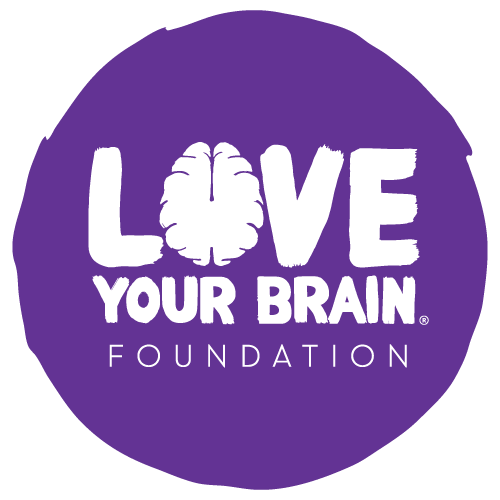Adam Pearce’s Perspective On Being A Caretaker
When Kevin Pearce sustained a severe traumatic brain injury in 2009, Adam took a leave-of-absence from his job and spent an entire year by Kevin’s side supporting his rehabilitation.
Adam co-founded LoveYourBrain alongside Kevin and now serves as the Executive Director. Through his vision, LoveYourBrain endeavors to help all people understand what it means to truly love their brain.
Share a little about the LYB Caregiver retreats? These retreats are about honoring and supporting individuals who have been in a caregiving role for someone affected by brain injury. So often it gets overlooked that the family and friends of the person who experiences the injury also need time to focus on their healing. Our approach is to create a vulnerable, honest, and safe place where people can share, connect, and learn how to find balance between caring for themselves and those around them.
What does LoveYourBrain mean to you? The meaning has changed overtime as I continue to learn from our community. It has really become a way of living and also a mindset. Unlike a fixed mindset where everything is about the outcome (if you fail—or if you’re not the best—it’s all been wasted), the LoveYourBrain mindset allows people to value the full human experience. Maybe they haven’t made it to the top of the mountain, but each step was an opportunity to find meaning.
What is unique about your retreat offerings? So often we tend to think the problem is external. This was the case for me. I continued to think that Kevin’s behavior was the issue and causing my suffering. Until I started going inward and doing my own personal work, I started to see that the real problem was ME. This was a huge turning point and has led to a much healthier and balanced dynamic in my relationship with Kevin and myself.
Why are you working to change the name, “caregiver?” Caregiver implies that you are taking care of someone. Not only is this not always the case but it also instantly creates an imbalance, an inequity. In my opinion, a strong relationship needs balance and valuing what each person brings to the relationship. I see it more of a care partnership. Each has a tremendous amount of learning, strengths, and care to be shared. We don’t have a name yet, so if you have any recommendations, please share!
What is one lesson you have learned by your caregiver experience? I have learned so much, mostly about how my expectations create suffering. A teacher once shared with me, “expectations kill connection.” Until I started really doing the work, I started to really see how this was true for me. I had so many stories and thoughts that I was attached to that were interfering with the truth.

